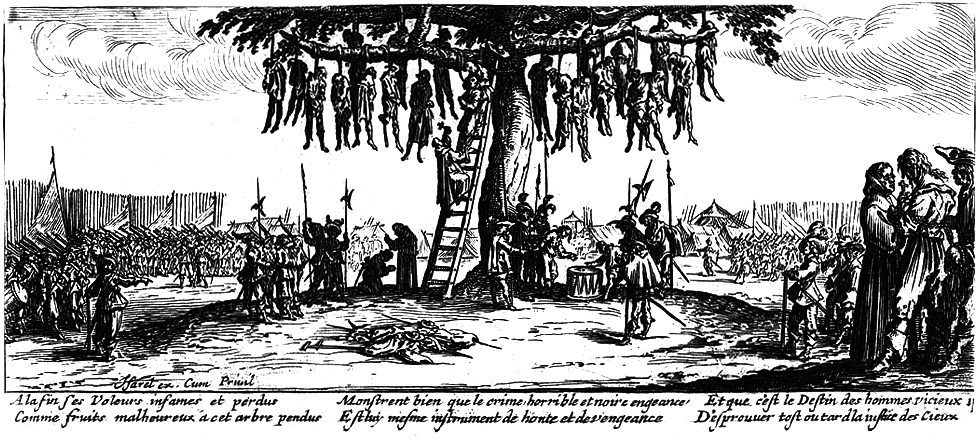Published September 20, 2009 @ 11:16PM PT

A decaying state. Repeated invasions by outside powers. Armies devolving into armed, marauding bands. Horrific attacks against civilians. A war without end, without rhyme or reason - periods of calm suddenly shattered by the appearance of hungry, desperate armies. Shifting alliances, and in the end, all in arms against all.
As C.V. Wedgewood describes the conflict: "Ragged bands were scattered...caring nothing for the cause, knowing nothing of any planned strategy, their chief care to scratch nourishment out of the soil and to avoid serious fighting. They fought only their competitors for food, of whatever party...Hard as was a soldier's life, it was the only livelihood open to a great section of the population, and as the proportion of soldiers to civilians increased, the problem of disbanding these great masses of humanity when peace came grew more terrifying."
Which would seem a fairly accurate description of the eastern Congo, where the brutal war of the late 1990s has given way to an extended period of not-peace. The Congolese army, the Rwandan army, various rebel and militia groups move back and forth, occasionally fighting, and more often terrorizing the local population.
Yet the above was actually written by Wedgewood more than seventy years ago, in her book The Thirty Years War, about the fighting which convulsed central Europe from 1618 to 1648.
Granted, historical analogies are always dangerous - now is invariably different than then, here is different than there. It's equally dangerous, however, to overlook the similarities. In some ways, there is nothing new under the sun.
Wedgewood sums up the Thirty Years War as follows: "[N]o right was vindicated by its ragged end. The war solved no problem. Its effects, both immediate and indirect, were either negative or disastrous. Morally subversive, economically destructive, socially degrading, confused in its causes, devious in its course, it is the outstanding example in European history of meaningless conflict. The overwhelming majority in Europe, the overwhelming majority in Germany, wanted no war; powerless and voiceless, there was no need to persuade them thatthey did. The decision was made without thought of them."
Substitute Africa for Europe, and Congo for Germany, and the description holds equally true. Which doesn't move us any closer to solving this or other conflicts. Yet it does serve to remind us yet again that we are all alike. No conflict is truly unique. And there but for the grace of god go we.
For more information on eastern Congo, the best blogs I've found are: Texas in Africa, Mo'dernity, Mo'problems, Stop the war in North Kivu, and the Enough Project blog. I also can't recommend Africa's World War by Gerard Prunier highly enough. If you have other suggestions, let me know.
[Woodcut of the Thirty Years War by Jacques Callot, from 1632]




No comments:
Post a Comment